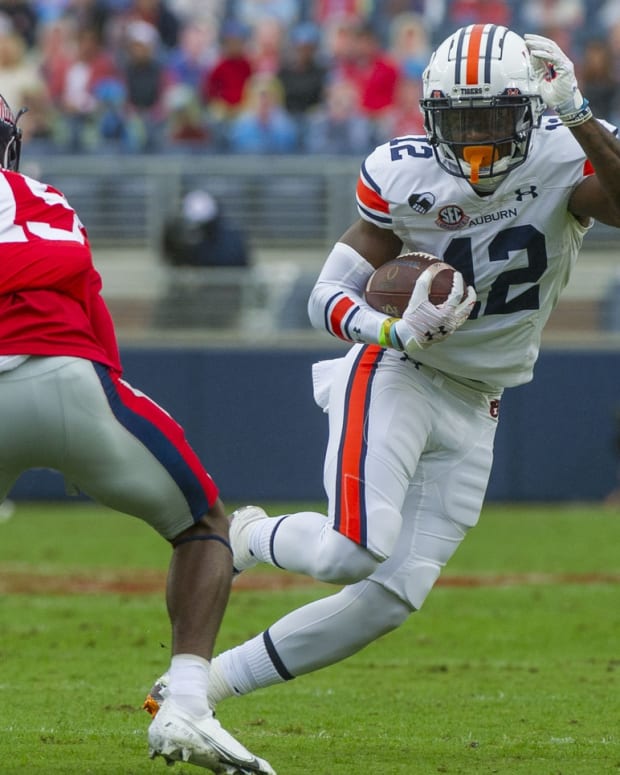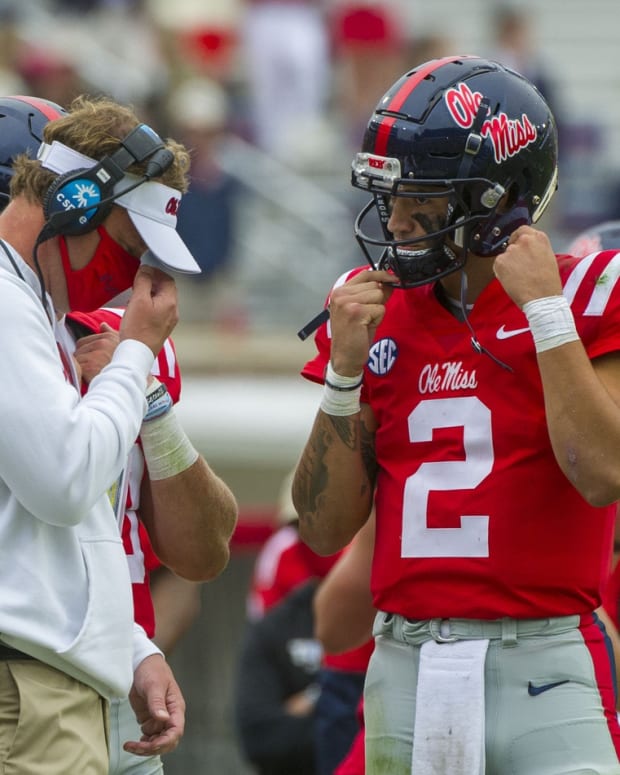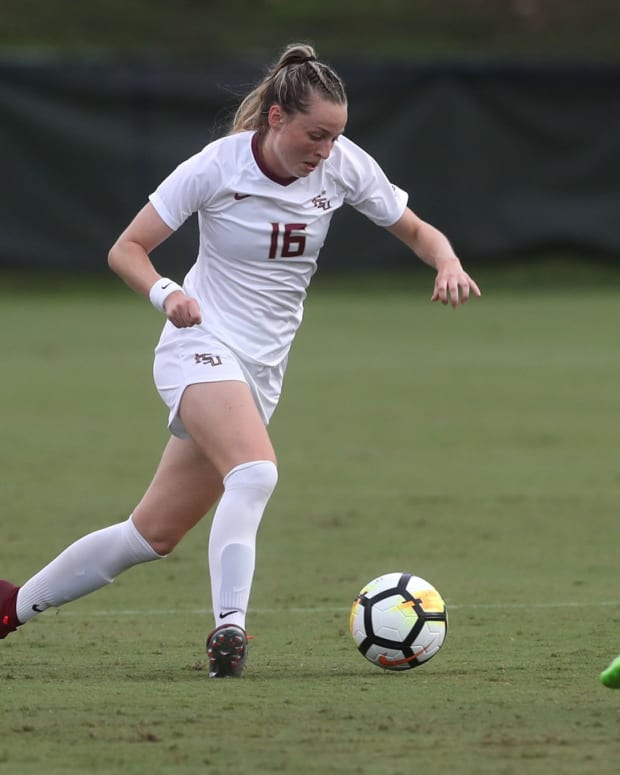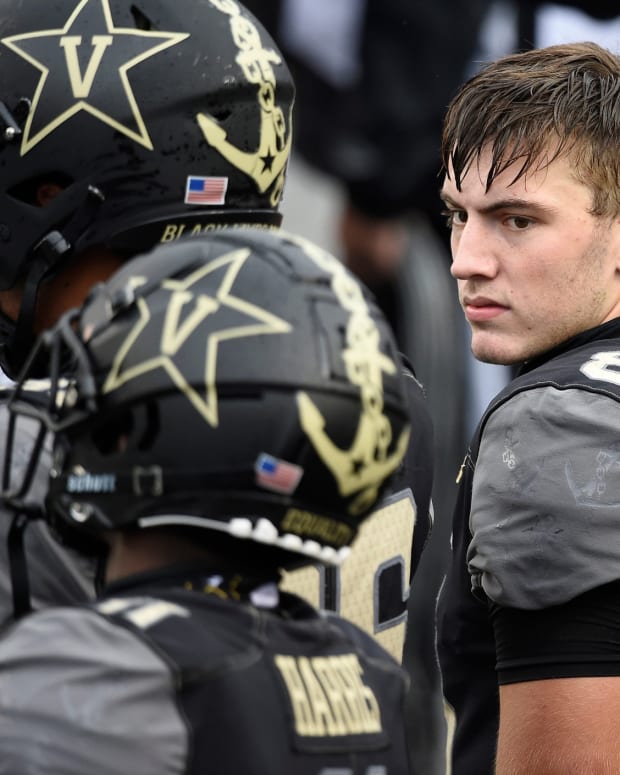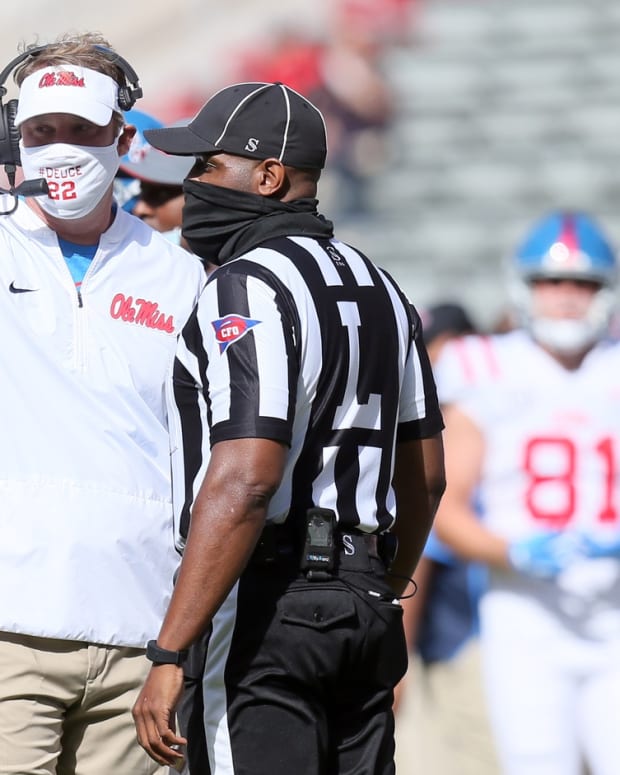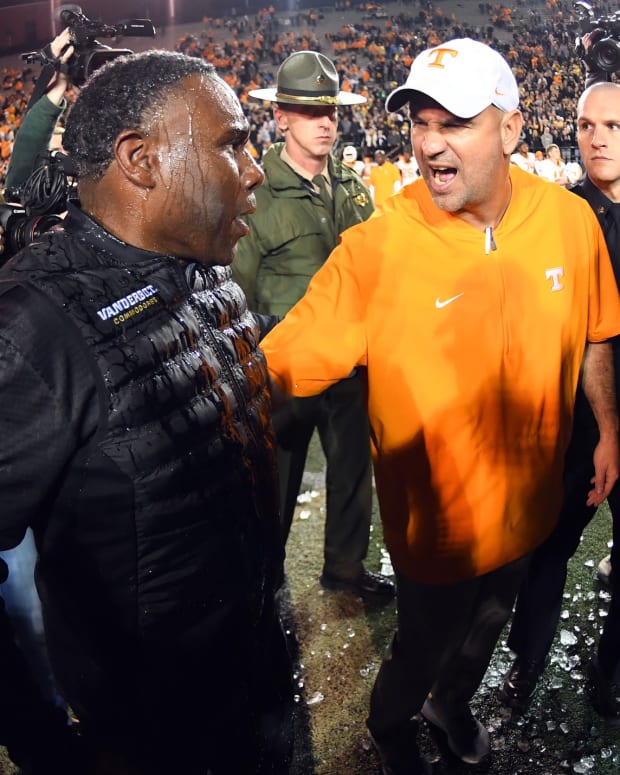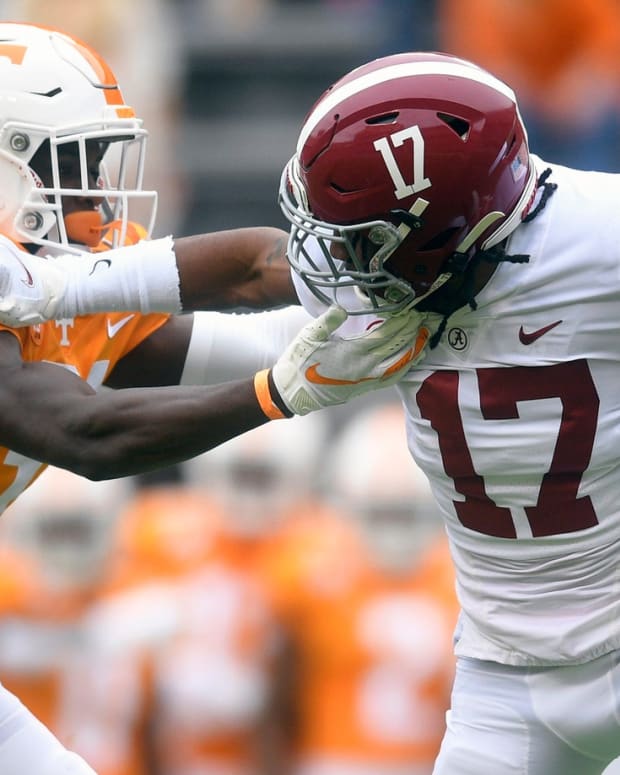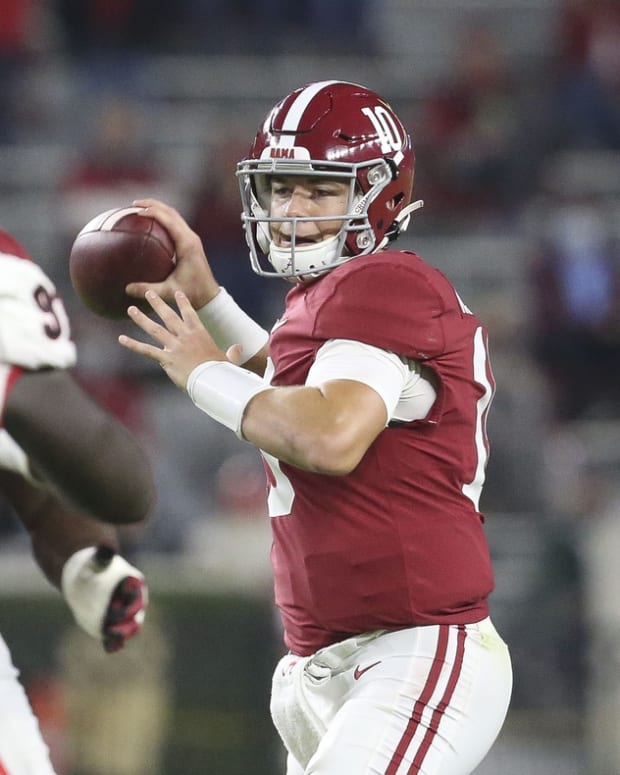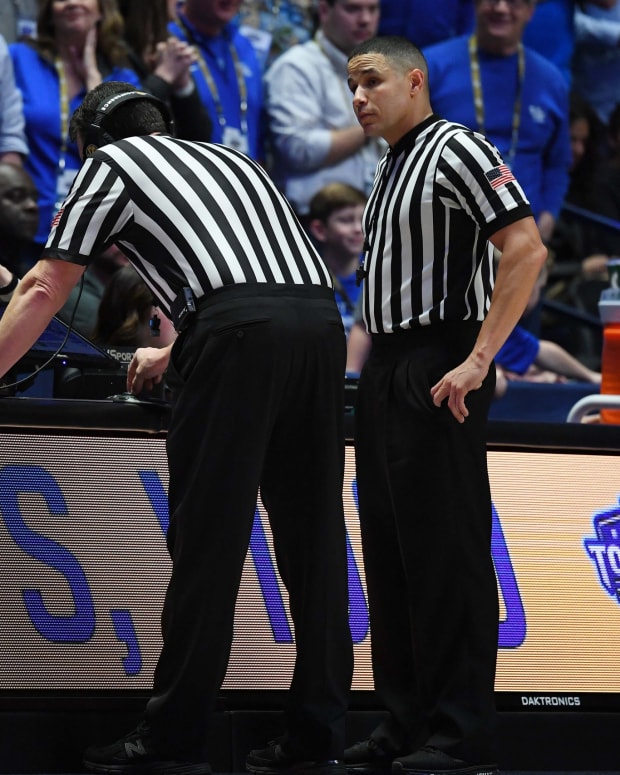How Will SEC Handle Coronavirus Testing of Athletes?
The Southeastern Conference has set June 8, 2020, as the date when member institutions can allow student-athletes to return to campuses and begin voluntary workouts in preparation for their coming season.
Despite that date and several conference schools having now announced their individual dates, questions still resound as to how the conference and each university will attempt to keep their players safe from the virus and assure that there are no mass contagions among players.
“The safe and healthy return of our student-athletes, coaches, administrators, and our greater university communities have been and will continue to serve as our guiding principle as we navigate this complex and constantly-evolving situation,” SEC Commissioner Greg Sankey said in a statement. “At this time, we are preparing to begin the fall sports season as currently scheduled, and this limited resumption of voluntary athletic activities on June 8 is an important initial step in that process."
“We will be able to provide our student-athletes with far better health and wellness education, medical and psychological care and supervision than they would otherwise receive on their own while off-campus or training at public facilities as states continue to reopen.”
The conference has implemented safety guidelines, designed with the assistance of its task force, including medical professionals from each institution.
There are four steps to the guidelines currently, including:
- Education on health and wellness practices regarding the spread of COVID-19
- A 3-stage screening process which involves a test before student-athletes arrive on campus, within 72 hours of entering the facility and on a daily basis once activities resume
- Testing of symptomatic team members
- Immediate isolation for team members who are being investigated or diagnosed with COVID-19, followed by contact tracing
- A transition which allows student-athletes to gradually adapt to full training
A recent story by Sports Illustrated's Ross Dellenger shared this.
"However, in varying reopening plans released last week, some universities plan to only initially test athletes experiencing symptoms, and many more do not plan frequent testing during June workouts. The vast majority of medical professionals who spoke to Sports Illustrated's Ross Dellenger for his story are vexed by such plans. Refusing to initially test athletes is a “fool’s errand,” one said, while another described the approach as concerning. Steven Goodman, a professor of epidemiology at Stanford and an avid sports fan, was struck when told about the plans from some schools. “I’ll use an adjective to describe that: surprising,” he says. “You absolutely have to test everybody when they first come back because you have to know if there are any actively infected students. Objectively, they’re taking chances.”
Schools around the conference are working on their own plans to meet or exceed the current requirements laid out by the conference.
“We’re excited to now know when players can begin returning to campus,” Kirby Smart said in a statement from Georgia. “We’ll be coordinating our efforts with the medical staff keeping the primary focus on health and safety of our student-athletes and those working directly with them during this time. We’ll be working in the coming days on finalizing plans to implement the return of our players. I’m sure they are looking forward to returning and begin working toward what we hope is a regular season in the fall.”
“This is an important first step toward having a season this fall,” Auburn head coach Gus Malzahn said according to a report in the Macon Telegraph. “We will continue to collectively work together as our top priority is to ensure the safety and well-being of our student-athletes, coaches, and staff.”
Vanderbilt, the only private institution in the SEC, and one with one of the premier medical facilities in the nation as part of its campus and university system has not shared specifics of their plans outside those being required but the conference, but considering their situation with Vanderbilt Medical Center it would be easy for them to add even more stringent testing or requirements to their plans.
Regardless of testing, there are opponents of the move toward football, including doctors and UCLA head football coach Chip Kelly's recent comments gave rise to another question.
"Until you get a national testing program that can be brought to scale, how do we do this? And are we taking away tests that people are in need of? How are we to say in the college football community, ‘Well, we need the test.’” said Kelly.
Follow Greg on Twitter @GregAriasSports and @SIVanderbilt or Facebook at Vanderbilt Commodores-Maven.
